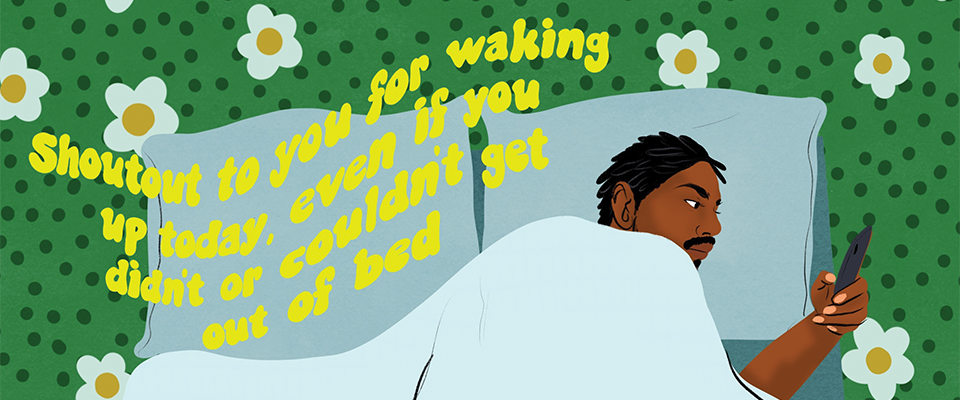In the fall of 1994, when I was a young reporter struggling to pay the rent, I wrote a cover story for the San Francisco Bay Guardian: “Plugging In: An Idiot’s Guide to the Internet.” I explained why a 14.4 baud modem was a great deal, and reported that the Internet was a fantastic resource because “all kinds of information are available.”
I am so, so, sorry.
If I’d had any idea how “the Internet” would eventually ruin my vocation, I’d have kept my mouth shut. I am, of course, not the only traitor who should be condemned for stabbing the Fourth Estate in the back with a Web browser, but that doesn’t absolve me. I got in early on the online game, was a relentless pusher of all things Internet related, and didn’t stop hyping until the evidence of my crime was too overwhelming to ignore.
Here is my confession: I killed journalism.
As with any crime of passion, there was a twisted logic to my deeds. My entire career was built on my luck in getting hip to the fact that “the Internet” would change, well, everything, and I figured it out about a year before the majority of my colleagues did. In direct consequence, my income skyrocketed through the late 1990s and I did not lack for job offers. In 1996, obsessed with inventing the online future even as I reported on it, I joined Salon.com. Founded by a merry band of exiles from the San Francisco Examiner, Salon was one of the very first publications to try to make a go of it online. We scoffed at the hidebound newspaper industry, frantically trying to save their hemorrhaging revenues with clumsy paywalls.
Little did I realize that none of us, online or off, would figure out how to make real money while providing quality journalism, for free, to the world. But I do remember, all too well, one pivotal Salon brainstorming session in the early days of the new millennium, during which I was a loud voice in favor of Salon’s becoming a more active participant in “the Internet conversation.” If we wanted to survive (always an iffy prospect at the upstart news magazine) we needed to update our offerings more rapidly, I argued. We needed to be more bloggy, more quick-on-the-draw. Spending weeks wearing out shoe leather to report the perfect feature wasn’t winning any circulation battles. We had to operate on Internet time. I volunteered to do my part; I started my own blog for Salon, covering economics, technology, and globalization.
Back then, blogs had only been around for a few years—I was already worried about being behind the times. I immediately got an unwanted firsthand perspective on how the competitive pressures unleashed by the Internet were brutalizing my own craft. Soon, I was scrambling to write three or even four posts a day, and compelled to write ever more provocative headlines—accuracy gave way to clicks. If I wanted to keep my job, I had to accede to the cold logic of traffic numbers: According to my pageview totals, readers didn’t want nuance, they craved outrage. They hated complexity and loved validation of their own bile. Worst of all, there was simply no time to report. There was only time enough to rant.
Little did I realize that none of us, online or off, would figure out how to make real money while providing quality journalism, for free, to the world.
As editors of all kinds lost their jobs like wheat before the scythe, I felt increasingly alone—if I didn’t catch a typo or logical error in my writing, no one else would (well, excluding my increasingly unhinged readers). I watched in dismay as a new generation of writers cut their teeth in a world where the only thing that counted was output and voice.
My pageview numbers grew and grew—but my income fell in sync with my job satisfaction and Salon’s own struggles to make money. The low point arrived when my editor G-chatted me with the observation that our traffic figures were lagging that day and ordered me to “publish something within the hour.” Which, translated into my new reality, meant “Go troll Twitter for something to get mad about—Uber, or Mark Zuckerberg, or Tea Party Republicans—and then produce a rant about it.”
Again! I performed my duty, but not without thinking, “Is this what 25 years as a dedicated reporter have led to?” That’s when it dawned on me: I was no longer inventing the future. I was a victim of it. So I quit my job to keep my sanity.
Perhaps the craziest thing is that I am still a fan of both the Internet and journalism. I still believe that all the amazing information accessible online gives me a chance to be a better reporter than I ever could have been in the pre-Internet era. But without a business model that can support the time necessary to think and craft and learn, I feel as if my experience and talent are wasted. I have faith that readers still crave quality work, but not that they are willing to pay for it. That’s the Pandora’s box I helped open and have no idea how to close.
I may not have the answers, but I wish I hadn’t been quite so gung-ho at the start. Sure, I know that someone else would have written that cover story in the Bay Guardian if I hadn’t. But you know what? That would be OK, because then that reporter would have to live with the guilt.




















